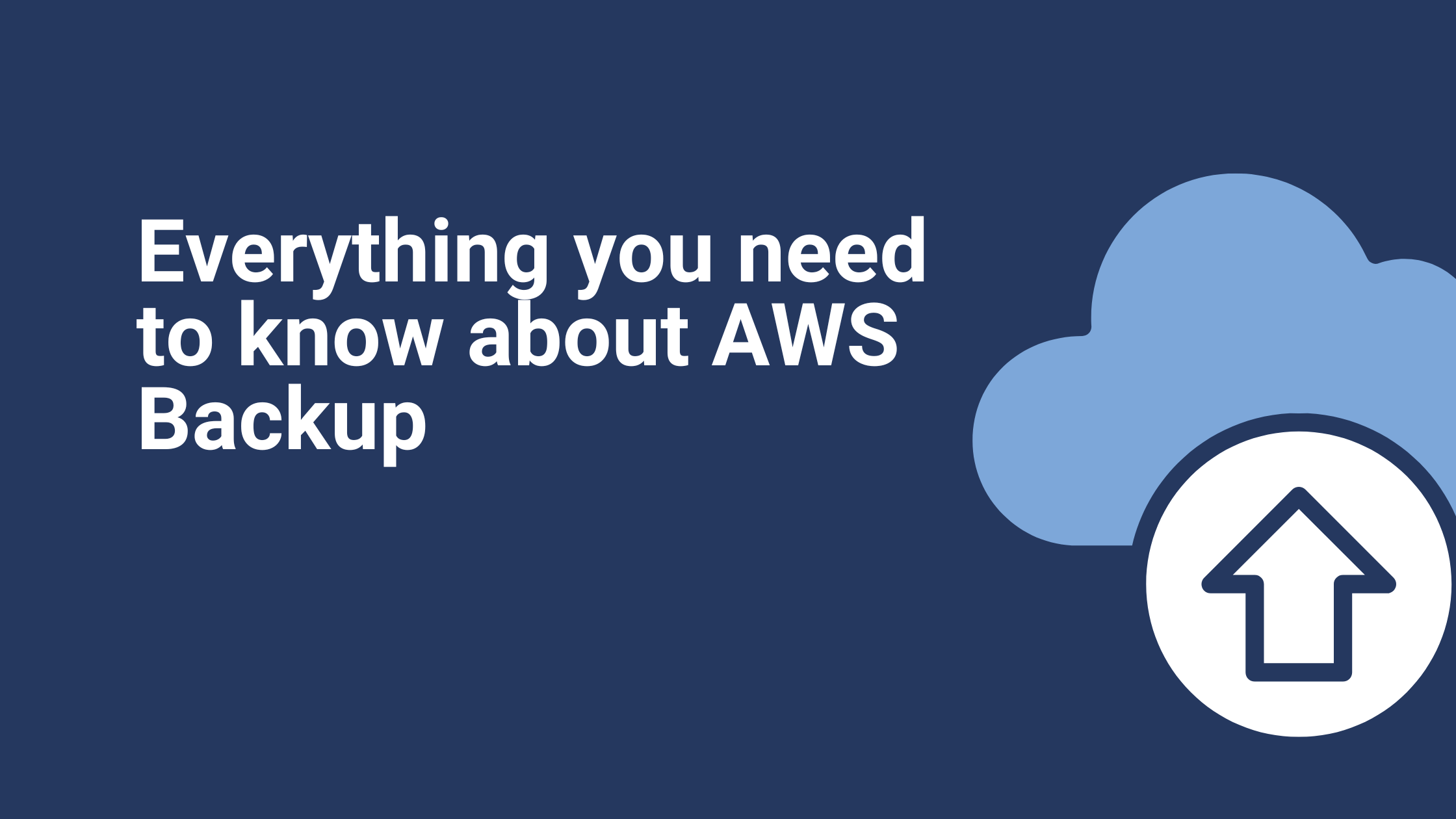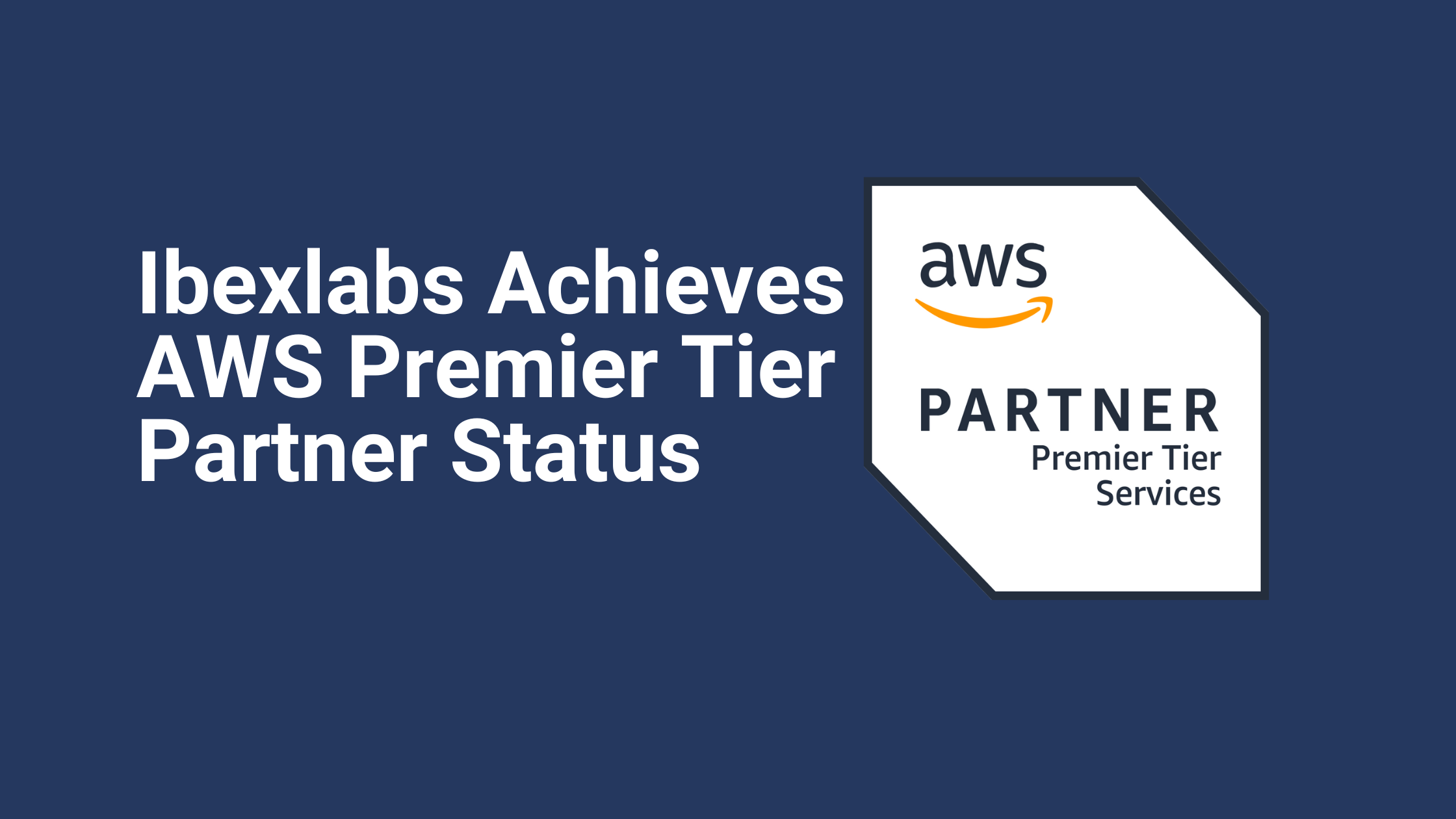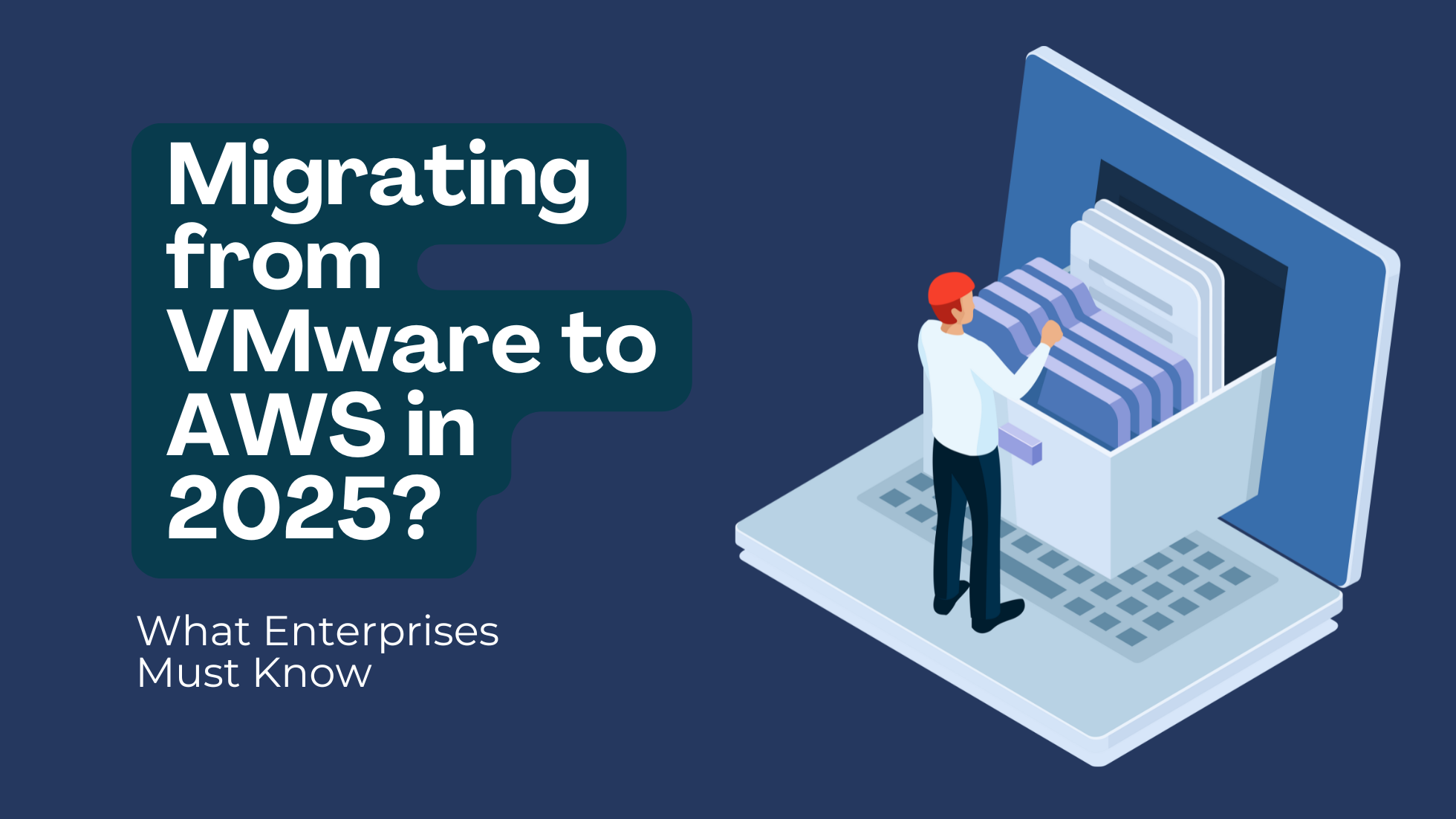Top 8 AWS Backup Questions You Absolutely Must Know
AWS Backup offers a powerful way to protect and simplify data recovery across AWS services. If you are implementing AWS Backup for the first time or want to optimize your existing cloud backup solutions, read to understand the top 8 commonly asked questions.
1. What is AWS backup as a service?
AWS Backup is AWS’s backup service that enables organizations to effectively backup data across AWS services such as Amazon EC2, Amazon RDS, DynamoDB, and more. Instead of using multiple backup services, AWS Backup offers a single interface for data protection, recovery, and insights.
2. What are the advantages of AWS Backup?
AWS Backup simplifies systemic backups by automating data protection with minimal manual intervention. Small businesses can automatically back up their cloud resources daily, weekly, or monthly according to pre-defined policies. With the service, app data in the cloud and on-premises can be backed up in a standard way (i.e., it’s possible to create the same backup policy for cloud data and AWS Storage Gateway volumes).
3. Can you highlight some key AWS Backup features for different AWS resources?
AWS Backup provides powerful features across several AWS services, such as Elastic File System (EFS), Elastic Block Store (EBS), Relational Database Service (RDS), DynamoDB, and Storage Gateway. Here’s a quick snapshot of what is available for each service.
4. What’s AWS Backup Vault?
A backup vault is a container in which you organize your backups (all backups are stored here). You can use backup vaults to set an AWS Key Management Service (AWS KMS) encryption key to encrypt backups and control access to the backup data.
If you need different encryption keys or access policies for multiple groups of backups, you can create more than one backup vault. But if you’re fine with one set of rules and keys, you can use the default vault that AWS Backup provides.
To create a backup vault:
- Go to the AWS Backup console.
- Click “Backup Vaults.”
- Choose “Create Backup Vault” and follow the prompts.
5. What is an AWS Backup Plan, and why do I need one?
AWS Backup plan is a policy that outlines when and how you want to configure the backup of your AWS resources, such as Amazon DynamoDB tables or Amazon Elastic File System. You can assign resources to backup plans, and AWS Backup will automatically backup and retain the backups for those resources according to the configured plan. You can create multiple backup plans if you have workloads with different backup requirements.
6. How do I create and schedule backups with an AWS Backup Plan?
You can create and schedule backups with AWS by choosing the “Build a new plan” option. This lets you schedule backups:
- Every 12 hours
- Daily, weekly, or monthly
- Or by using a cron expression (with a minimum frequency of 1 hour)
It’s important to know that you can’t schedule backups more frequently than once per hour (so no 1-minute, 5-minute, or 30-minute backups). If you’re backing up EFS, you can also set the backups to move to cold storage after a specific time, and the backups will expire based on your retention period.
7. How do I assign resources and manage backups under a Backup Plan?
Once you create a Backup plan, the next step is to assign resources—this tells AWS which resources to back up according to the plan. You can assign resources by:
- Using tags
- Using specific resource IDs
AWS’s backup as a service will then automatically back up and retain data for those resources as per your plan. You can use the default AWS Backup IAM role, or set up a custom IAM role if you want more control over permissions. Additionally, under the Protected Resources section, you can create on-demand backups anytime you need extra protection outside of the scheduled backups.
8. What is AWS Backup pricing?
- Snapshot-based services (EBS, RDS, Storage Gateway) follow existing snapshot pricing.
- EFS file systems have a per-GB charge for both backup and restore.
- DynamoDB backups also incur a pay-per-GB restoration fee.
Ibexlabs has 100+ AWS certifications, expertise in DevOps consulting, and experience with 200+ AWS customer launches. Check out the complete list of our AWS solutions here. Turn AWS into a revenue-generating stream with Ibexlabs.










